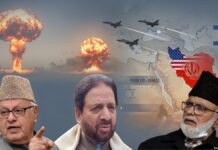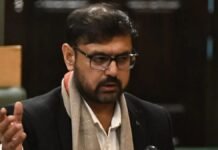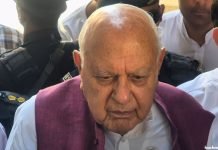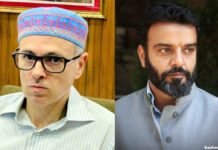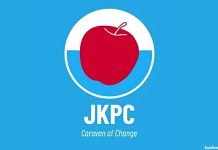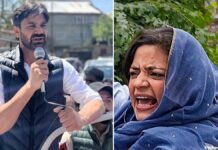
SRINAGAR — Amid ongoing controversy over the J&K chief electoral officer’s claim that 20-25 lakh new voters could be added during the special summary revision of voters, the authorities on Thursday clarified that the estimate was based on the gap between the population eligible for enrolment as voters and registered voters in the Union Territory.
Sources in Jammu & Kashmir Government told the news agency KNO that the projected 18+ population in Jammu & Kashmir UT is 9896000 and the registered electors in the UT are only 7602397.
“The last special summary revision in Jammu and Kashmir was held with reference to 1st January 2019 as the qualifying date. Thus, the youth of Jammu and Kashmir who have attained 18 years of age after 1st January 2019 are expected to be registered in the electoral roll during this SSR, along with other left-out persons. Based on the population projections (RGI), the projected 18+ population in the UT of Jammu and Kashmir as of July 1, 2022, is expected to be 9896000, whereas the registered electors in the UT of Jammu and Kashmir as of date are only 7602397, thus there is a gap of 2293603. It is this gap which was used to convey tentative expectation from the SSR,” the sources explained.
The government sources said that armed forces can vote only for their native Assembly constituencies. “The members belonging to armed forces, including Army, BSF, CRPF get registered as service voters for their native Assembly constituencies and avail the facility of electronically transferred postal ballot system (ETPBS),” they said.
They, however, added that the armed forces personnel who are posted at peace stations can avail of an additional option of getting registered as a general elector at the peace station.
Before the abrogation of Article 370, the Assembly electoral rolls in Jammu and Kashmir were made under the ambit of the Jammu and Kashmir Representation of People Act 1957, wherein only permanent residents of Jammu and Kashmir were eligible to get registered in the Assembly rolls.
“With the abrogation of Article 370 and applicability of Representation of People Act 1950 and 1951, any citizen of India who has attained the qualifying age and ‘ordinarily residing’ at a place is eligible to get registered in the electoral roll of that place, if not disqualified otherwise. The requirement of registration is that the person should be ordinarily residing in the UT of Jammu and Kashmir (owing to any reasons such as profession, studies, posting, etc.). The person can get registered in the electoral rolls of Jammu & Kashmir, provided he gets his name deleted from the electoral roll of his native constituency, as registration at two places is not permitted under law,” they said.
According to government sources, even before the abrogation of Article 370, these people were eligible to get registered in the electoral rolls, if they were ordinarily residing in any of the Assembly segments of Jammu & Kashmir, but had the right to vote only in Parliamentary elections and were categorized as non-permanent resident (NPR) voters.
“During the last Parliamentary elections, there were approximately 32000 such NPR voters,” they said. These included the West Pakistan Refugees (WPRs).
Follow Us
The Kashmir Pulse is now on Google News. Subscribe our Telegram channel and Follow our WhatsApp channel for timely news updates!


